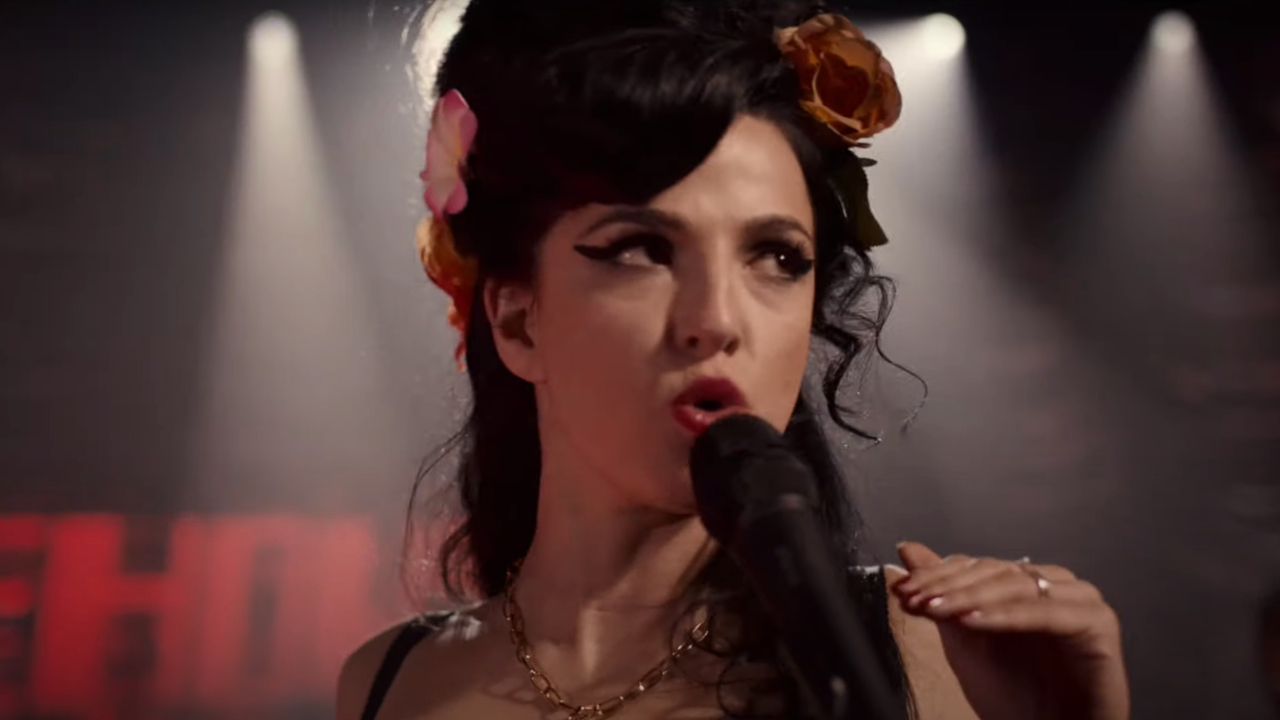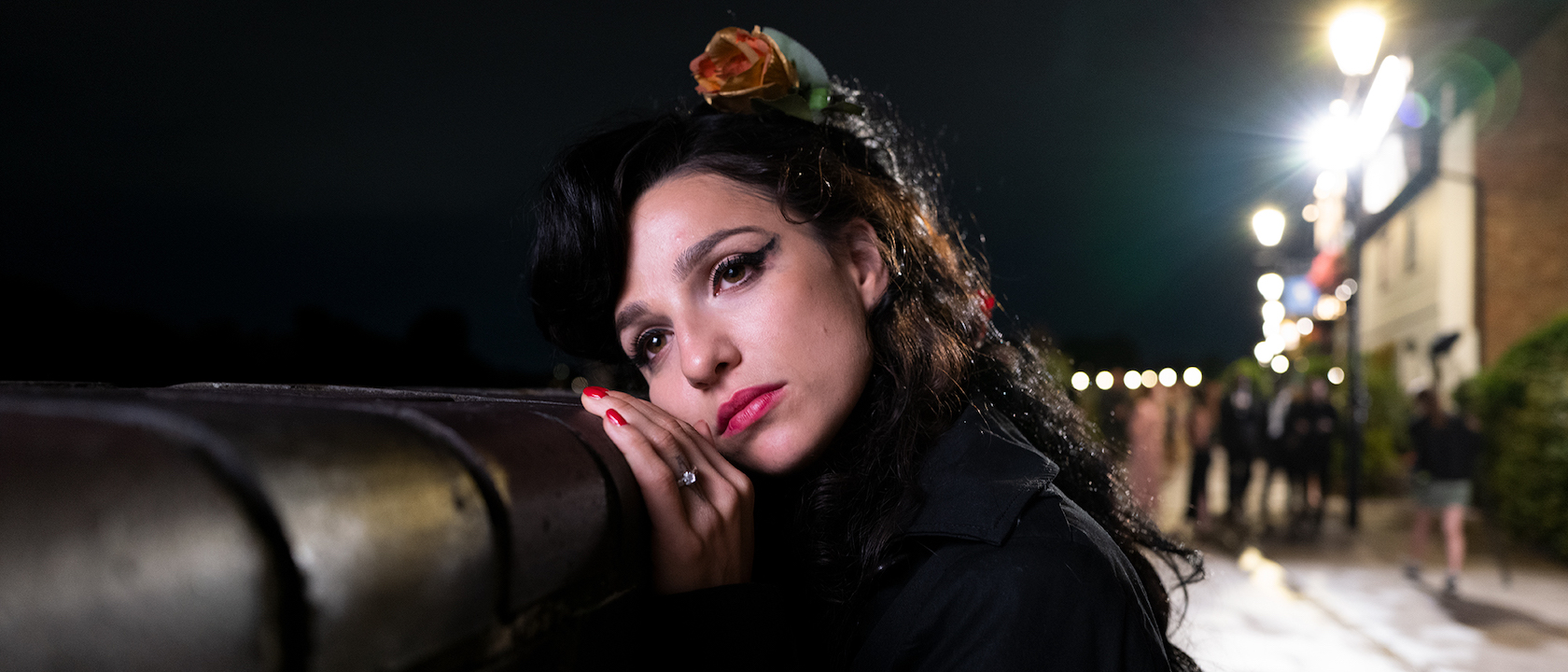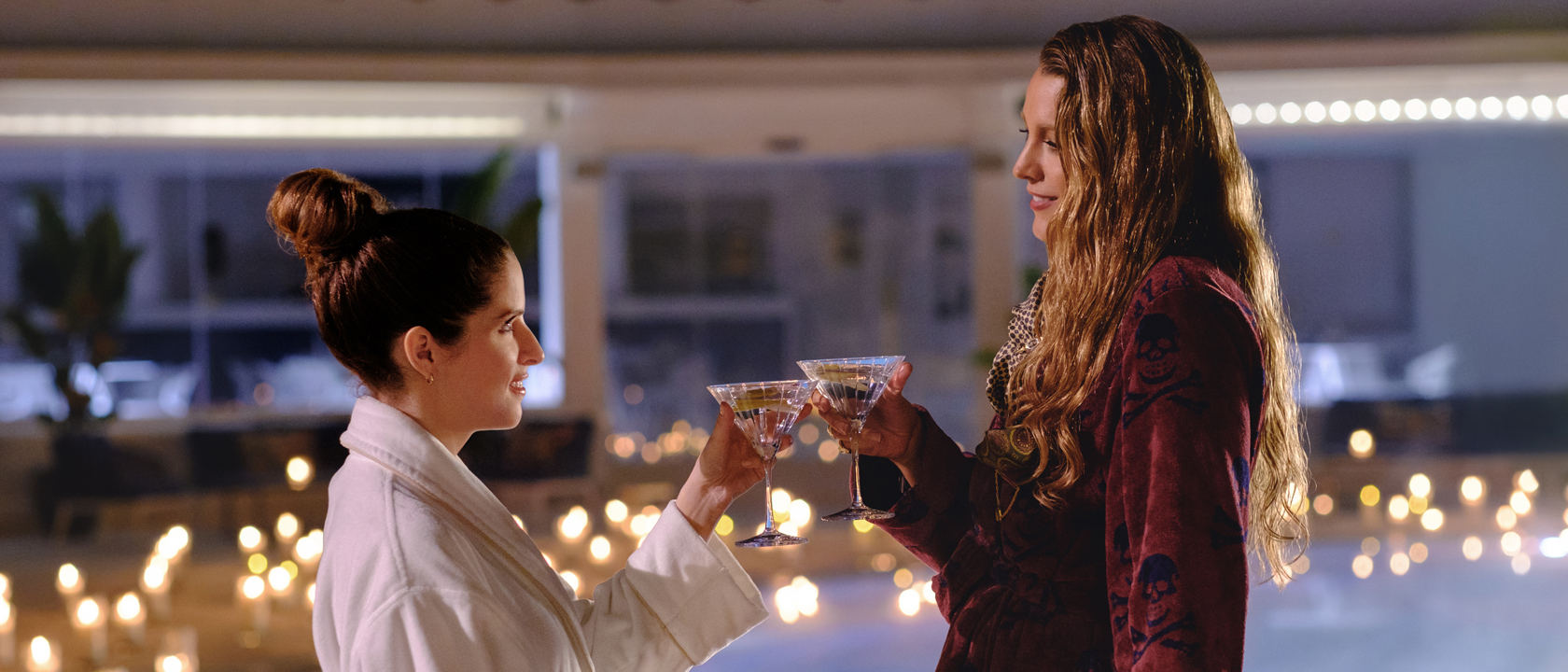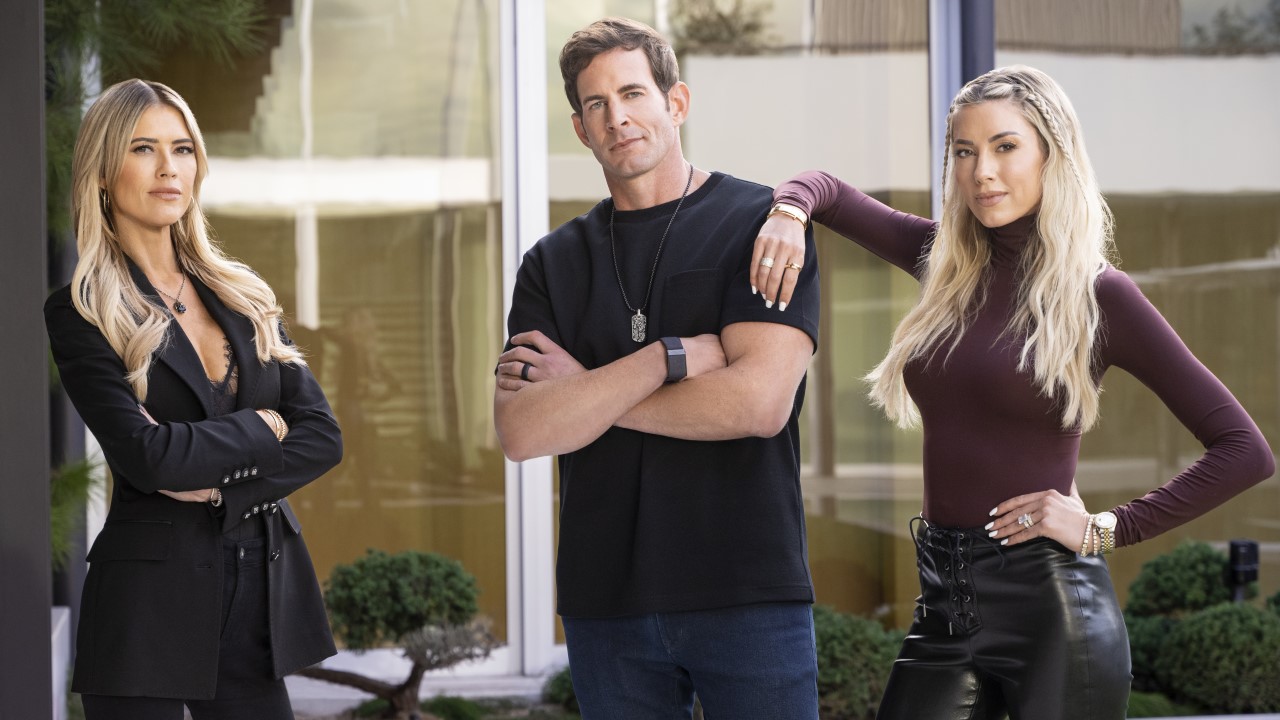For better and for worse, Hollywood is on a music biopic streak, and the latest big artist to get their own movie based on their life is the late Amy Winehouse – who’s tragic death from alcohol poisoning at the age of 27 has, in recent years, somewhat overshadowed her incredible body of work. Unfortunately for Sam Taylor-Johnson’s Back To Black, the movie only drowns the artist deeper into being known as the singer who belted “They tried to make me go to rehab, but I said ‘No, no, no.’” In other words, it’s the film based on her life that fans feared.

Release Date: May 17, 2024
Directed By: Sam Taylor-Johnson
Written By: Matt Greenhalgh
Starring: Marisa Abela, Jack O’Connell, Eddie Marsan, Lesley Manville
Rating: R for drug use, language throughout, sexual content and nudity
Runtime: 122 minutes
Back To Black, a title recalling Winehouse’s greatest and final album, has Taylor-Johnson collaborating with screenwriter Matt Greenhalgh fifteen years after their collaboration on Nowhere Boy, a coming-of-age story about The Beatles' John Lennon. While one might think pair would hone in on the making of the eponymous record, it’s instead another sprawling portrait of a life sporting a narrative that plays more like a book report than the kind of loving and distinct painting a person as talented and soulful as Winehouse (portrayed by Marisa Abela) deserves.
There’s plenty of emotion in the portrayal of Amy Winehouse’s longtime struggle with addiction and bulimia in addition to her untimely death. Insight is provided on her family, her love affair with Blake Fielder-Civil (Jack O'Connell), and the unfairness to which tabloids invaded her personal space at the height of her fame. But Back To Black also takes a too frustratingly melodramatic approach to the singer’s life, leaving the cutting lyrics of her discography surprisingly hollow too.
It’s incredible watching Marisa Abela transform into Amy Winehouse, but Back To Black doesn’t give the legendary subject enough dimension.
Back To Black's greatest selling point is watching Marisa Abela become the icon we recognize as Amy Winehouse. The actress may not convince the viewer right away in her transformation as the film's subject, with the story starting at a random place in her career years before Winehouse's image was established. As the film progresses, particularly into the third act, however, that’s when Abela convincingly fits into Winehouse’s beehive and cat-eyeliner. The actor brings a bright-eyed spunk and edge to the role that caries the audience through the two-hour runtime.
Despite all the right costuming and jewelry, however, the portrayal of the “Tears Dry On Their Own” singer can also sometimes feel manufactured and rather polished. In some instances, Back To Black annoyingly looks like a shiny Hollywood musical of Winehouse's life rather than the grounded biopic it wants to be and probably should have been. It also fails to really capture Amy Winehouse’s rough-edged charm, even through the bad habit of telling instead of showing. The script and direction hold Abela back from having a truly star-making moment with Back To Black.
Winehouse's journey begins as the young singer gets a call from a manager who wants to represent her and gets her signed with Island Records. The Camden-based singer starts to make a name for herself in the UK, but she gets rebellious when she is asked to change her act to appeal to American audiences. Taking a break from her career, she meets Blake Fielder-Civil, whom she eventually both marries and divorces. As messy as their romance can get, Back To Black doesn’t paint one or the other as a villain, but more as two broken people wrought by uncertain traumas.
Amy Winehouse’s addiction is what remains center stage in Back To Black, and while there is an importance to not glamorize her life, there’s a missing warmth to the singer that leaves the audience high and dry. There’s never really a defining moment that brings the sort of intimacy and depth that this biopic needs to help one think of Winehouse as a person rather than a fallen star on the cover of some of the greatest albums of the 2000s. Far too much of the film feels like it's judging her from the outside rather than taking us inside her mind. There are countless shots of Amy having one drink after the other, having a smoke or loving and lusting after her muse without the audience being given really any chance to gain much sympathy or context surrounding how and why these habits were formed.
Back To Black revives Amy Winehouse’s stage presence, but moments are few and far between.
Despite much of Amy’s dialogue revolving around the importance of the music to her rather than fame or fortune, there’s a major lack of attention to the music and lyrics. Where did Amy find her love of song and lyricism? What is “Valerie” about, and how was the record Back To Black produced? What was she like on tour and backstage? These are questions fans might have about Amy Winehouse, but this biopic doesn’t really answer any of them.
Yes, there are bright spots, as Back To Black recreates Winehouse going from bars to music arenas that give audiences a sense of who she was on stage from a closer point of view, but they make up so little of the film. It leaves one wanting to learn and see more of the music portion of Winehouse’s life. At least, Back To Black does a great job of injecting Winehouse’s numerous influences throughout the narrative to make up its soundtrack, often creating some rather cinematic moments with its music needle drops.
Despite a flimsy script, Amy Winehouse’s tragic life story remains worth looking back on.
It’s important to look at stories like Amy Winehouse. How has the public treated famous and talented people, and what can we learn from her story for future musicians like her that come around? Despite the movie failing Winehouse in many ways, it does leave the audience with a greater understanding of who she was outside of her hit songs – but most of all, it acts as a rather tragic drama about a woman’s addictions getting in the way of her livelihood (her two greatest addictions being alcohol and love). Back To Black communicates that despite Winehouse’s fame and glory, she deeply wanted to be loved by the wrong person for her.
Back To Black is not a good tribute to Amy Winehouse, but if you’re looking to learn more about the artist on a basic level, you will at least come out on the other side with more knowledge regarding the order of events of her life. But after over a decade since Winehouse's death and with and so many adoring family, friends and fans still holding a place in their heart for her music, one would have wished for more for the sensation. Perhaps no one can tell Amy Winehouse’s story better than herself through her timeless music.

Sarah El-Mahmoud has been with CinemaBlend since 2018 after graduating from Cal State Fullerton with a degree in Journalism. In college, she was the Managing Editor of the award-winning college paper, The Daily Titan, where she specialized in writing/editing long-form features, profiles and arts & entertainment coverage, including her first run-in with movie reporting, with a phone interview with Guillermo del Toro for Best Picture winner, The Shape of Water. Now she's into covering YA television and movies, and plenty of horror. Word webslinger. All her writing should be read in Sarah Connor’s Terminator 2 voice over.











